Diverse features found for autism-linked chromosome changes
The first in-depth look at people with alterations in the 1q21.1 chromosomal region reveals a range of features, from problems with fine motor skills to autism.
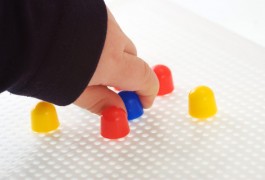
The first in-depth look at people with alterations in the 1q21.1 chromosomal region reveals a range of features, from problems with fine motor skills to autism.
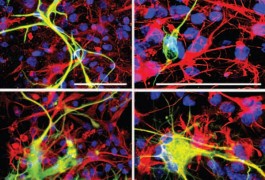
Star-shaped brain cells called astrocytes weave a web of proteins that derails brain development in the autism-like Costello syndrome. The findings add to mounting evidence that brain cells other than neurons contribute to autism.

More than 10 percent of people carry deletions or duplications of DNA that diminish their intellectual capacity. The findings, based on a large study of an Estonian population, suggest that the bigger the mutation, the more severe a person’s cognitive deficits.
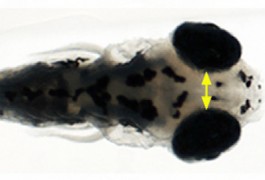
Mutations in a section of chromosome 16 that is linked to autism have an unexpected effect: They alter the miniscule hairs, or cilia, that adorn the surface of all cells. The findings suggest that problems with these cilia may contribute to autism.
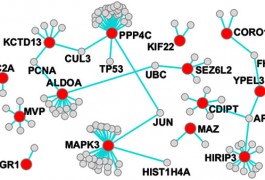
Missing a swath of chromosome 16 with strong ties to autism disrupts proteins crucial for early brain development. The findings open the door to targeted interventions.
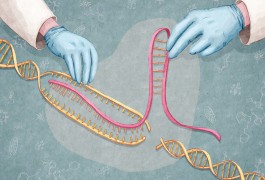
A widely used gene-editing technique can create large chromosomal defects in mice, slashing the time and effort needed to engineer mouse models of these genetic glitches.
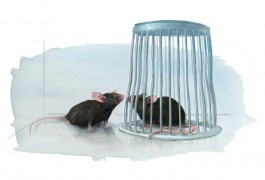
Male mice with a genetic variant linked to autism vocalize less in social situations than controls do during encounters with female mice. The findings help to characterize the effects of variants in the 16p11.2 chromosomal region.
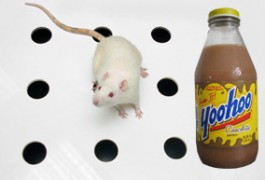
Deletion of an autism-linked chromosomal region leads to learning problems in male mice but not in females, according to unpublished results presented yesterday at the 2014 Society for Neuroscience annual meeting in Washington, D.C.
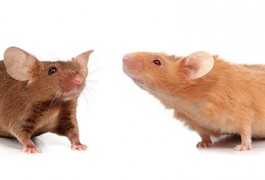
Do mice use their high-pitched vocalizations to communicate, just as people use speech? It’s not likely, according to an unpublished study of deaf mice presented yesterday at the 2014 Society for Neuroscience annual meeting in Washington, D.C.
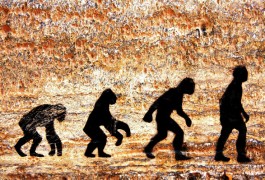
Evolution may have made people susceptible to certain genetic variations that can lead to autism, suggest two intriguing new studies.